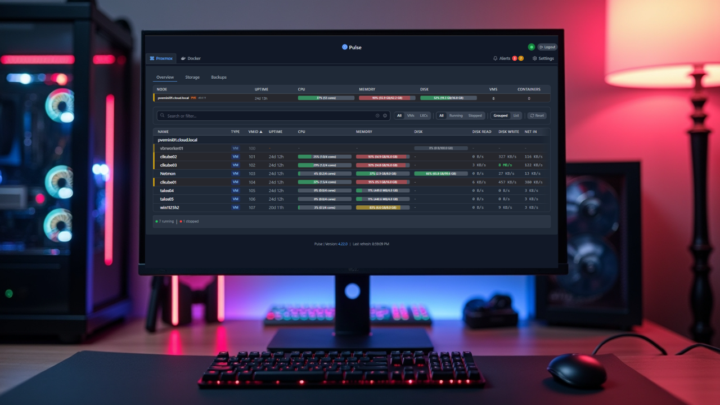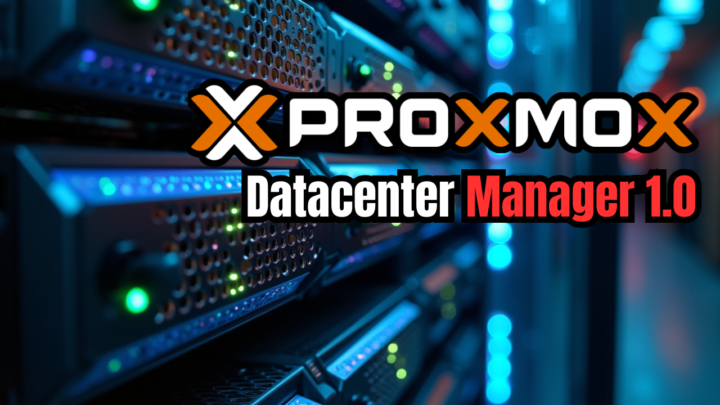
Write something
Proxmox - Clone vs Cloud Init
I've been trying to get my head around why Cloud Init would be better than just Cloning my Baseline VM I use to spin up new VM's. Over the past few months I've watched several youtube videos and I can't seem to see any significant advantages, even more so when using static IP's. So I thought I would ask my esteemed forum members...... @Brandon Lee maybe a new video setting out Clone vs Cloud Init would finally settle this?
Ontap Simulator on Proxmox...
This is the initial overview draft. Would like to hear for any ideas,suggestions,criticism on it.
1
0
Portainer and Watchtower
Portainer has new feature that will alert if you have an outdated image and update is available. Also here is Watchtower fork that is stable and works with the current version of Docker and Docker Compose. Been running it week now and no issues so far. https://watchtower.devcdn.net/ https://github.com/beatkind/watchtower/

New Proxmox Monitoring Tool Pulse for Monitoring Dashboard
If you are looking for a cool Proxmox and Docker monitoring app, Pulse looks like a great option. I spun it up in the home lab over the weekend. Check out my thoughts and how to install it here: https://www.virtualizationhowto.com/2025/10/this-free-tool-gives-proxmox-the-monitoring-dashboard-it-always-needed/

Proxmox Datacenter Manager is now GA 1.0 release! Check it out
Proxmox Datacenter Manager Just Went GA and It Changes Everything #homelab #homeserver #proxmox https://www.virtualizationhowto.com/2025/12/proxmox-datacenter-manager-just-went-ga-and-it-changes-everything/

1-30 of 44

skool.com/homelabexplorers
Build, break, and master home labs and the technologies behind them! Dive into self-hosting, Docker, Kubernetes, DevOps, virtualization, and beyond.
Powered by







